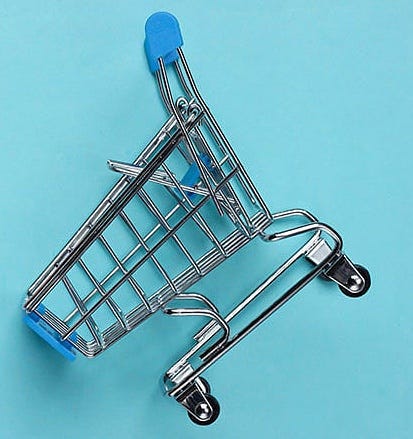Visitors to Australia love the country, which has beautiful beaches, a warm climate, friendly people, and an unspoiled outback. So what could be wrong? As we all know, visiting a place and living in the same place convey different perspectives.
When I immigrated to Australia in 1980, I had to go through a rigorous process to demonstrate that I would be a useful individual who would both contribute to and share in my new country. Australia was a free and safe country, and people welcomed me and my family.
"She'll be right mate attitude" is an Australian slang expression that suggests one should put one's head in the sand and hope things will just work out. Sometimes, this is just magical thinking. We've had a lot of that in the past several decades.
Economically, Australia made a lot of things in those days of the 80s, such as TVs, washing machines, and refrigerators, and there was a thriving car manufacturing industry. 1981, when I purchased my first home, the average house price in Perth, Western Australia, was $45,000. Despite high interest rates of 12%, the ratio of wages to home prices made mortgages quite serviceable by the average Australian.
The governments of the day felt that they should drop protection of Australian industry to make Australia more competitive. Gradually, the production of consumer goods started to leave Australian shores for other countries, especially China. In time, the Australian car industry, which produced the iconic Falcon and Holden, went by the wayside. Today, little is made in Australia.
There is one thing we do in a big way. It's the extraction of resources from the ground. As my wife likes to say, "We are China's sandpit." It was predictable what would happen. Manufacturing jobs would go offshore, and the country would be at the behest of others for supplies. I can remember some years ago, at a ball put on by the Australian-Chinese Association during the dinner, the Australian speakers were tripping over themselves to lap dogs to the Chinese.
So, how do things stand today? Australia has ridiculously high real estate prices. To give you some idea, a family member who bought a house just two and a half years ago in Perth can sell the same house for 40% more today. As they say, it's unsustainable. To make matters worse, Australia has been importing more migrants than ever.
An essential measure of a country's economic health is its economic complexity. Harvard does an index measuring the complexity of economies and ranks the world's nations.
Australia's ranking has dropped from 55 in 1995 to 93 as of 2021. This ranking puts us between Uganda and Pakistan. We produce little other than primary resources. Even when it comes to food, we grow enough food to feed many countries yet still import food from other countries.
So, we have a real problem in Australia. The big cities are becoming less safe. We are importing more people from countries who don't share our values. There is nowhere to put them, and there is no way they can afford housing without government assistance. Then, no wonder we have seen the outpouring of hate on our streets in the past year.
Even though Australia has a low population (26 million) with a land mass almost the size of the U.S., people are beset by such high costs that the average Australian is struggling to get by. The top 20% are doing very well, but the rest are very much in economic uncertainty
Bankruptcies are up substantially in Australia.
Business insolvencies hit record highs with worse to come, warns CreditorWatch
People and businesses are unable to pay their bills or their taxes, in many cases exacerbating the insolvency crisis. Governments on both sides of the political spectrum have failed the country with economic mismanagement. People have been lulled into thinking that with cheaper consumer goods, we are doing well. It's an illusion. This is not a healthy economy.
Since we have beautiful beaches, we can believe that "she'll be right."





Sadly liked.